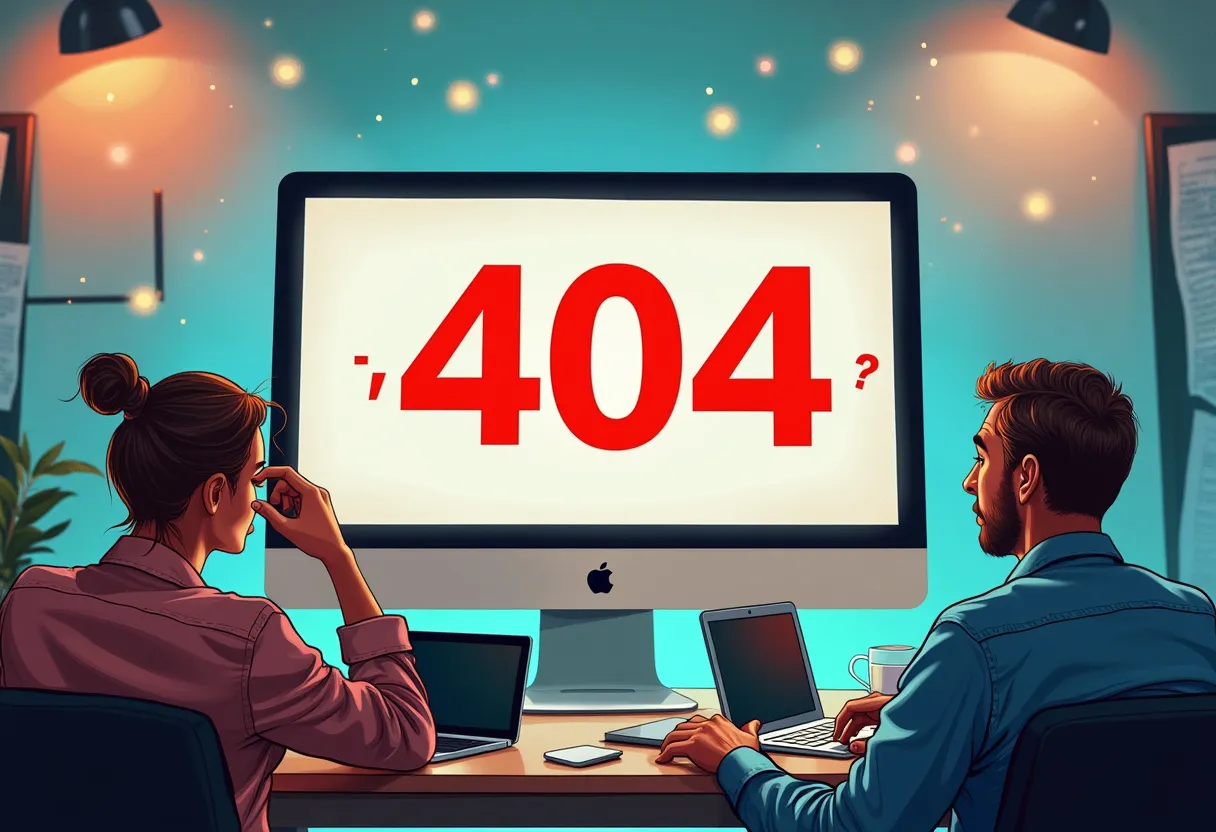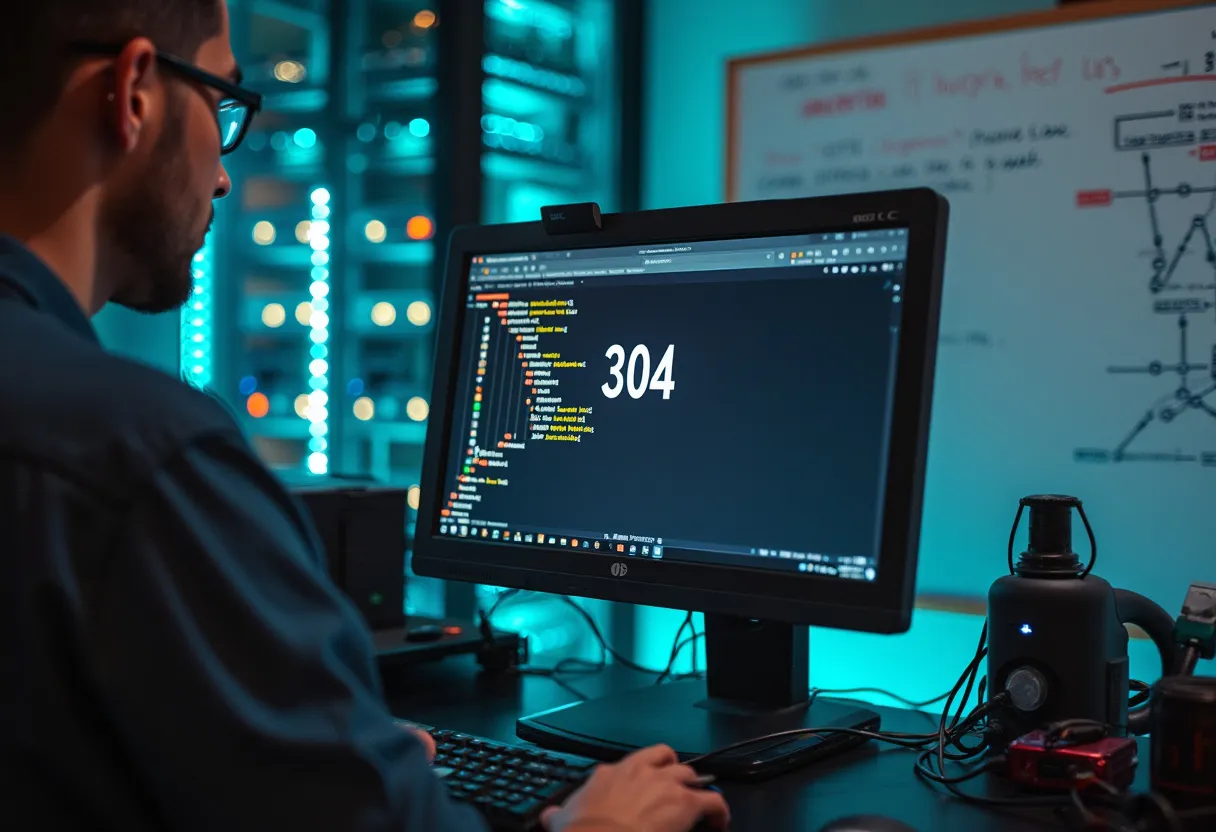Definition
What is Event Triggered Content?
Event Triggered Content refers to automated or targeted content that is initiated in response to specific events or occurrences. In the context of SEO and digital marketing, this can include emails, notifications, or other forms of communication triggered by user actions, real-world events, or significant changes. For example, event triggered content can be sent when a user abandons their cart, attends a webinar, or when a specific real-world event like a music festival or trade show takes place.
How It Works
Function and Concept
Event Triggered Content operates by leveraging trigger events to automate marketing and communication workflows. Here are some key aspects of how it works:
User Actions
Trigger events can be based on user actions such as purchases, subscription renewals, cart abandonment, or time spent on a particular page.
Real-World Events
These can include sponsoring or participating in events like music festivals, trade shows, sports games, or business conferences. Such events can trigger targeted marketing campaigns to engage attendees or potential customers.
Automation
Marketing automation tools are used to set up workflows that send out emails, notifications, or other content when a trigger event occurs. This ensures timely and relevant communication with the audience.
SEO Relevance
Event triggered content can enhance SEO by increasing user engagement, reducing bounce rates, and improving the overall user experience. For instance, event schema markup can help events appear in Google’s event packs and carousels, improving visibility in search results.
Why It Matters
Importance in SEO and Impact
Event Triggered Content is crucial for several reasons:
User Engagement
It helps in re-engaging users who may have abandoned their carts or forgotten about their interests, thereby increasing the chances of conversion.
Timeliness
Triggered content ensures that messages are sent at the right moment, capitalizing on the user’s current interests or needs. This can significantly improve response rates and sales opportunities.
SEO Benefits
Properly optimized event triggered content can improve search engine rankings by providing relevant and timely information to users. This can lead to higher click-through rates and better organic traffic.
Brand Credibility
Accurate and well-managed event triggered content can enhance brand credibility by providing consistent and reliable information, which is essential for brand management and reputation.
Best Practices
Recommended Methods and Strategies
Here are some best practices to implement and optimize event triggered content:
Use Clear and Relevant Triggers
Identify and use relevant trigger events that align with your marketing goals. This could include user actions, real-world events, or industry-specific occurrences.
Optimize Event Schema
For events, use schema markup to include essential details such as start and end dates, venue, event name, and description. This helps Google recognize and display your event in search results effectively.
Automate Workflows
Utilize marketing automation tools to set up workflows that trigger content based on predefined events. Ensure these workflows are well-tested and optimized for different scenarios.
Personalize Content
Tailor the triggered content to the specific event or user action. Personalization can significantly increase the effectiveness of the content and improve user engagement.
Track and Analyze
Use analytics tools to track the performance of event triggered content. Analyze metrics such as open rates, click-through rates, and conversion rates to optimize future campaigns.
Maintain Accuracy
Ensure that the information provided in the triggered content is accurate and up-to-date. This includes details about the event, offers, and any other relevant information.
By following these best practices, you can effectively use event triggered content to enhance your SEO strategy, improve user engagement, and drive better results for your marketing efforts.
Conclusion
Event Triggered Content represents a powerful tool in the arsenal of modern digital marketers. By leveraging user actions and real-world events, businesses can automate their content strategies to deliver timely, relevant, and personalized communication. The use of event schema markup and marketing automation tools can significantly enhance SEO, improve user engagement, and bolster brand credibility. Implementing clear triggers, optimizing content with schema, and tracking performance using analytics are crucial strategies for success. Event Triggered Content aligns well with related concepts like Event-Based SEO, Dynamic Content Personalization, Customer Journey Optimization, Interactive Content for Engagement, Dynamic Keyword Insertion, Behavioral Targeting for SEO, and User Intent Analysis, offering a comprehensive approach to modern digital marketing challenges.



